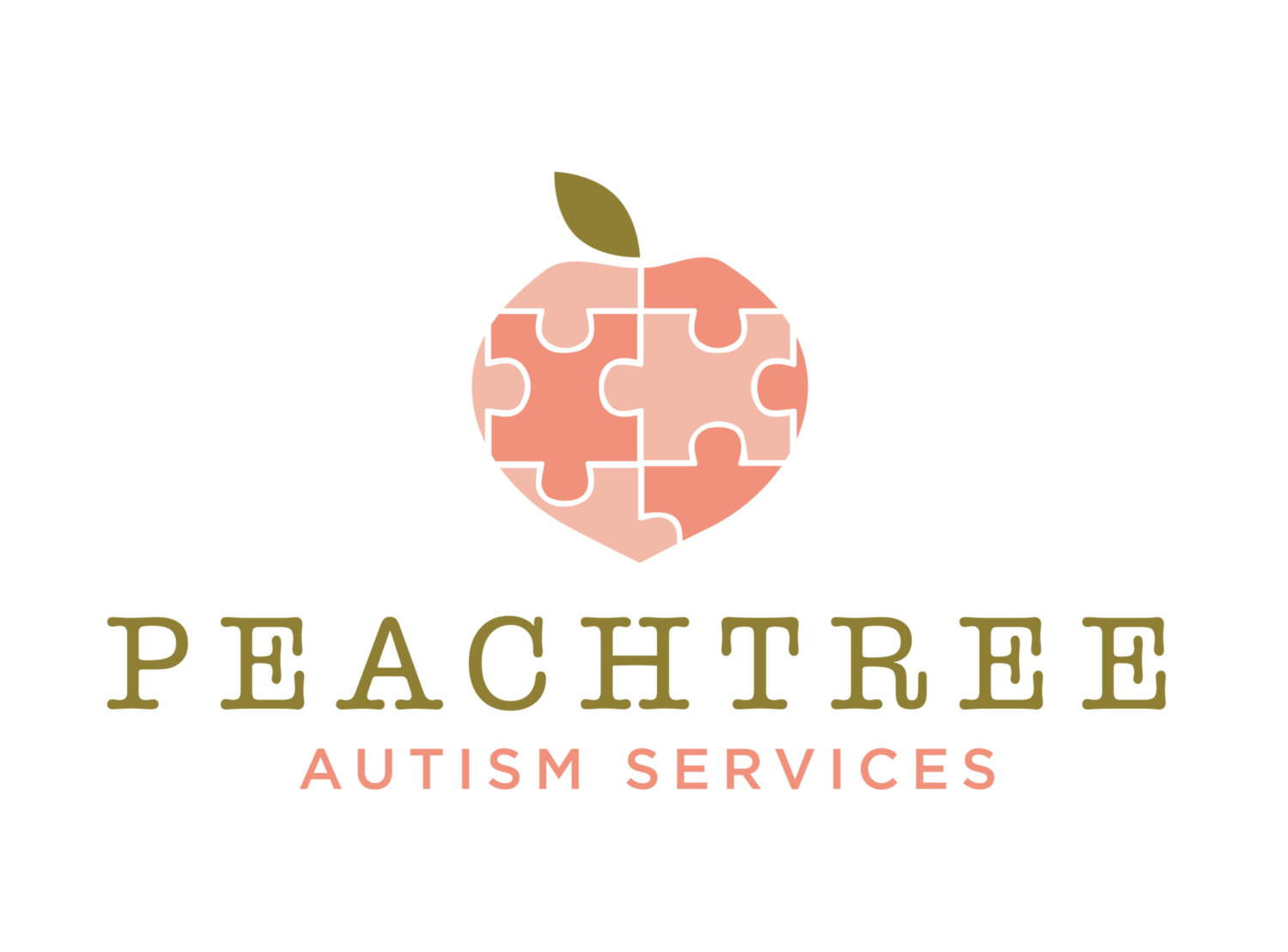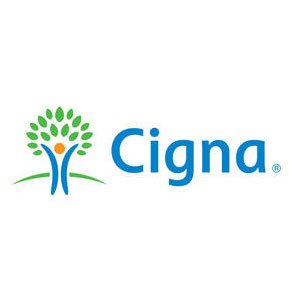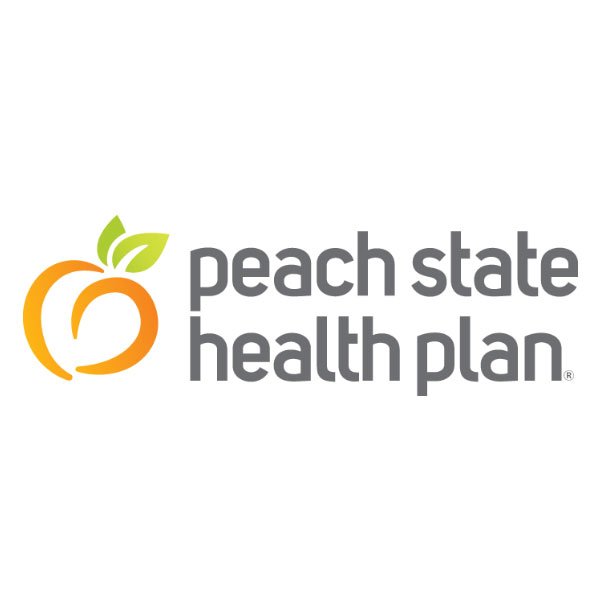A preschool-like experience
for young children…
Designed to look and feel like a well-structured preschool classroom to support our children as they transition to inclusive school settings
Our Seedings Classroom, designed for children aged 0-4, provides a unique blend of research-based methodology from applied behavior analysis (ABA) and developmental psychology.
Our empirically-based ABA program model is designed to support learners using early, intensive intervention with a strong focus on building early communication, behavior and social skills. In Seedlings, we use The Early Start Denver Model (ESDM), which is a comprehensive developmental behavioral intervention that has been shown to improve the outcomes of learners diagnosed with autism spectrum disorder (ASD). Research has shown that children diagnosed with ASD have significantly higher cognitive scores after completing 2 years of ESDM vs. other community programs ⁽³⁾.
Applied behavior analysis (ABA) uses the science behind how people learn to design teaching plans that are more effective, efficient, and individualized to the learner.
Research shows the critical importance of Early,
Intensive Intervention …
Early intervention research suggests that learners benefit from 20 to 40 hours of applied behavior analysis (ABA) intervention per week ⁽¹﹐²⁾. Research also suggests that children younger in age at intake were more likely to be placed in regular education classrooms ⁽³⁾
Children in our Seedlings classroom receive over 22 hours per week of ABA therapy. Our program runs Monday-Friday, 8:30 am - 1:00 pm. Full day options are available for children who require more intervention.
Finding the joy in learning through play…
Play is our vehicle for learning opportunities. In the Seedlings classroom, children learn through emotionally rich activities with trained therapists and peers to increase social communication skills.
Why do we place a heavy emphasis on learning through play?
Emphasizes the child’s motivation and active engagement so that the child finds learning meaningful
Promotes development of self-control, goal directed behavior, planning/organization skills, problem solving, and perseverance
Promotes social-emotional development by building self-control, flexibility, perspective, turn taking, sharing, etc.
Supports development of physical skills, imitation, visual/perceptual skills, communication/vocabulary, literacy, and math
Play is FUN! Learning through play creates shared connections and memories with others. We remember more when we enjoy what we are learning!
Building foundational skills that last a lifetime….
In Seedlings, children will learn:
School skills:
Follow routines typical of an early childhood classroom
Learn in a group setting
Social Emotional Skills:
Empathy, perspective taking, and emotional-regulation
Build fulfilling relationships with other children and teachers
Life skills:
Daily living/self-care
Responsibility of personal belongings
Safety skills
Language and cognitive development:
Advocacy and goal direction
Make connections between therapy and life outside the clinic
Literacy
Expand vocabulary
With embedded supports that allows for optimal learning ….
Seedlings children benefit from a dynamic program model delivered by a specialized team of experienced providers:
1-on-1 intensive teaching, which includes opportunities for group instruction
Individualized programming, integrating ABA/verbal behavior and naturalistic developmental approach
Certified therapists (Registered Behavior Technicians) with specialty training in early intervention, languate acquisition, and the Early Start Denver Model
Program oversight and daily contact with Master’s level Board Certified Behavior Analyst (BCBAs)
Multi-disciplinary consultant team with experienced related service providers providing embedded supports consistent with best practices across disciplines including Speech and Occupational Therapy:
Collaboration to support skills beyond the therapy
room leads to optimal outcomes…
Family Involvement & Coordination of Care
Research shows that parent and family involvement is best practice in early autism intervention ⁽⁴⁾. We believe caregiver involvement is key to a child’s success….
We partner with families to understand their unique family values and long-term goals for their child when designing a child’s individualized treatment plan
We teach parents how to use the techniques that we are using in the clinic and transfer them to the home
We facilitate transition planning to support coordination of care with future providers and school teams
We communicate with a child’s related service provider(s), doctors and other providers to ensure continuity of care
Program outcomes….
Using individualized assessment tools, our team tracks daily and monthly progress to make determinations about reducing the number of therapy hours. It is our goal to transition your child to a learning environment that is best suited to their specific needs. When our data suggest that a child is ready to make this transition by achieving important milestones, we create a plan and recommendations for this important transition…
Children in our Early Learner program have received ABA for an average duration of 15 months (n=6, 2020-2023)
83% of children in our Early Learner program (who have received services from us for a minimum of 8 months) have transitioned to a generalized learning environment (i.e., inclusion center, preschool program) (n=6, 2020-2023)
In-Network Insurance Partners
Need help with funding?
We accept the Katie Beckett Deeming Waiver! Click here for more information from Debbie Dobbs, Education Consultant and Child Advocate, to learn about the program and if your child might qualify.
References:
Dawson, G. & Osterling, J. (1997). Early intervention in autism: Effectiveness and common elements of current approaches. In M.J. Guralnick (Ed.), The effectiveness of early intervention: Second generation research (pp. 307–326). Baltimore, MD: Paul H. Brookes.
Harris, S.L., & Handleman, J.S. (2000). Age and IQ at intake as predictors of placement for young children with autism: A four- to six-year follow-up. Journal of Autism and Developmental Disorders, 30(2), 137 – 142.
Dawson G., Rogers S., Munson J., Smith M., Winter J., Greenson J., Donaldson A., and Varley J. Randomized, Controlled Trial of an Intervention for Toddlers With Autism: The Early Start Denver Model. Official Journal of the American Academy of Pediatrics (2009).
National Research Council, 2001












